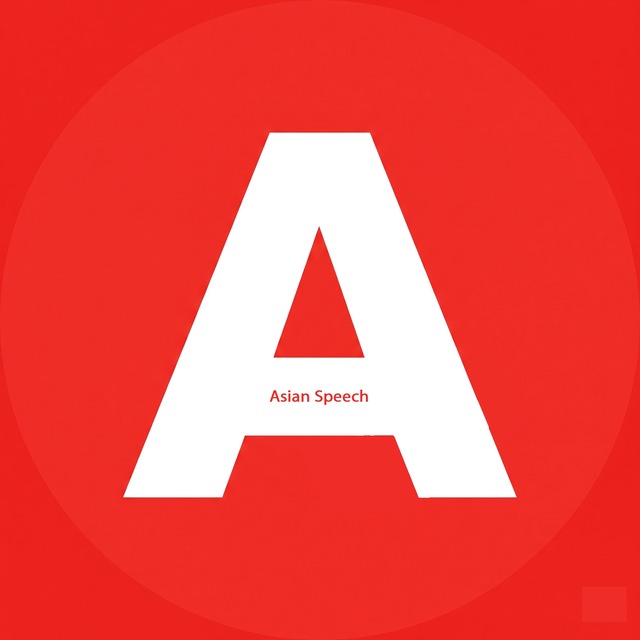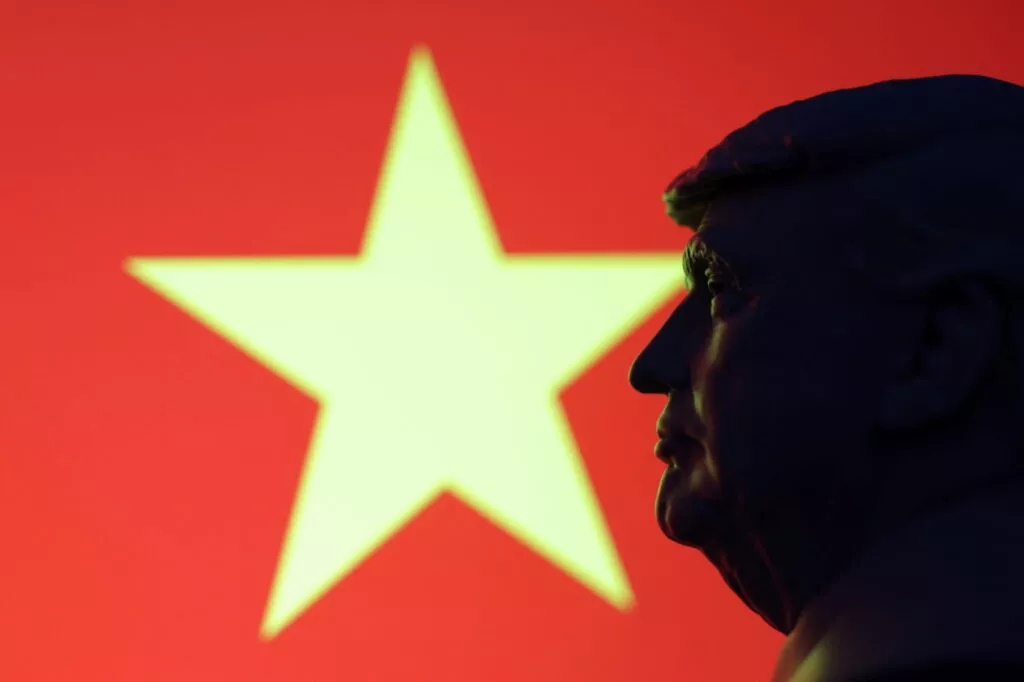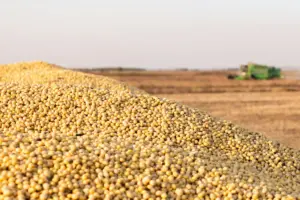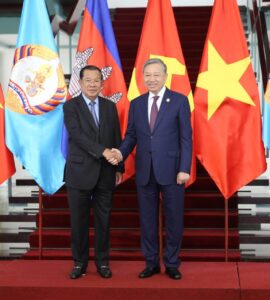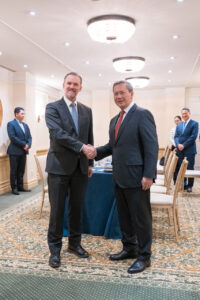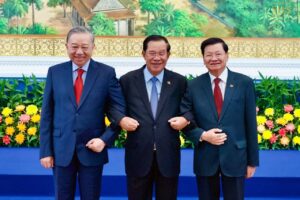Vietnam’s Bamboo Diplomacy bends under US trade pressure
At first glance, the announced Vietnam–US deal to avert reciprocal tariffs seems to be a relative diplomatic success. Vietnam became just the second nation to reach a deal, and Hanoi received a significant reduction from the original 46 per cent rate announced in April 2025. Yet closer analysis shows poor returns for Hanoi’s diplomatic efforts.
US President Donald Trump’s 2 July Truth Social announcement outlined a lower tariff rate of 20 per cent and a 40 per cent tariff on goods originating from different countries. In return, the United States would gain tariff-free access to Vietnam’s market.
But Vietnam has yet to formally acknowledge the agreement. The absence of implementation details or product-specific rates suggests Hanoi is still negotiating a more favourable deal. Reports suggest the deal may have been worse than Vietnamese officials anticipated.
Given the US economy’s importance to Vietnamese exports, Vietnam understandably made considerable overtures during trade negotiations.
The government accelerated its battle against counterfeit goods. It approved SpaceX’s Starlink satellite internet services, circumventing a local law requiring collaboration with a Vietnamese firm. It also agreed to purchase US$300 million worth of new Boeing jets and accelerated the approval of a US$1.5 billion Trump Organization golf course. Reports surfaced in April that Hanoi and Washington reached an agreement to purchase a fleet of F-16 fighter jets.
Meanwhile, Vietnam’s Minister of Industry and Trade, Nguyen Hong Dien, met with representatives of US multinational corporations to encourage lobbying on Vietnam’s behalf.
Vietnam is no stranger to walking a diplomatic tightrope. Its bamboo diplomacy, like the sturdy yet flexible plant, enables Vietnam to firmly protect its national interests while being flexible enough to navigate a fraught international environment. But on this occasion, it may have misjudged the situation, as suggested by waning US engagement with Vietnam.
Hanoi’s minimum expectations would have been securing a tariff rate as close as possible to the 10 per cent baseline tariff. But engaging with Trump’s transactional approach has not yet paid off.
How long the 20 per cent tariff will remain is anybody’s guess. Foreign direct investment has underpinned much of Vietnam’s recent economic success. While in the short term, companies may tolerate the 20 per cent tariff, long-term implementation could erode Vietnam’s competitiveness. This became even more apparent after Indonesia and the Philippines struck negotiated tariffs at 19 per cent.
Equally problematic is the lack of clarity surrounding transshipments. Trump’s Trade Advisor, Peter Navarro, lamented that ‘Made in Vietnam’ was a conduit for Chinese goods. Transshipment is a politically loaded term. Such a broad application could see Vietnam suffer considerable collateral damage if the United States decides to ramp up further trade hostilities against China, with potential Chinese reprisals further complicating Vietnam’s economic situation. Hanoi also remains wary of being perceived as balancing against China.
Vietnam is dependent on Chinese imports for raw materials and components used in its manufacturing sector, though the full picture is more nuanced. In 2022, China accounted for 38 per cent of the country’s intermediate goods. Vietnam also imports considerable intermediate goods from other East Asian peers, such as South Korea and Japan. Clearer definitions of transshipment are essential for companies to adjust supply chains accordingly.
With the Trump administration’s desire to appear tough on trade, particularly against China, no amount of cracking down on counterfeit goods or buying US products could have shifted this perceived narrative. Hanoi would have been better served seeking greater clarity on defining transshipment.
Going forward, Hanoi should deepen trade engagement with allies committed to the multilateral, rules-based order such as the European Union, South America and fellow ASEAN nations.
While Vietnamese exports to the European Union have surged since the Vietnam–EU Free Trade agreement came into effect in 2020, the EuroCham Business Confidence Index cited opaque clearance procedures and inefficient recognition of international standards by local authorities. Vietnamese businesses struggle to meet the European Union’s high certificate requirements. The European Union may prove willing to help Vietnam navigate these challenges given its own commitment to strategic autonomy.
Hanoi also needs to leverage the Trans-Pacific Partnership to further trade relations with newcomers such as the United Kingdom, as well as Chile and Mexico. The latter represents an emerging market of strategic interest, with Vietnamese exports to Mexico growing in recent years. Still, trade in 2023 represented a mere US$6.4 billion. Brazil is another strategic ally in South America. Vietnam and Brazil launched a 2025–2030 action plan after Brazilian President Lula da Silva’s visit to Vietnam in March 2025, during which the two countries pledged to boost trade to US$15 billion.
Granted, expanding trade with these partners won’t fully offset the risks posed by US tariffs or reduce the United States’ overall economic significance. Yet, directing greater attention to resolving some of the barriers could strengthen Vietnam’s position in the event of heightened US volatility and help mitigate current uncertainty.
Dependency is an inevitable feature of Vietnam’s trade relations with both the United States and China, but overreliance is not a foregone conclusion. By partnering with global actors who share an interest in reducing trade friction, Vietnam could offset some of the costs of current tariffs and stabilise its economic future.
Nicholas Chapman is Researcher at Tohoku University, Japan.
https://doi.org/10.59425/eabc.1756850400
Source: East Asia Forum
